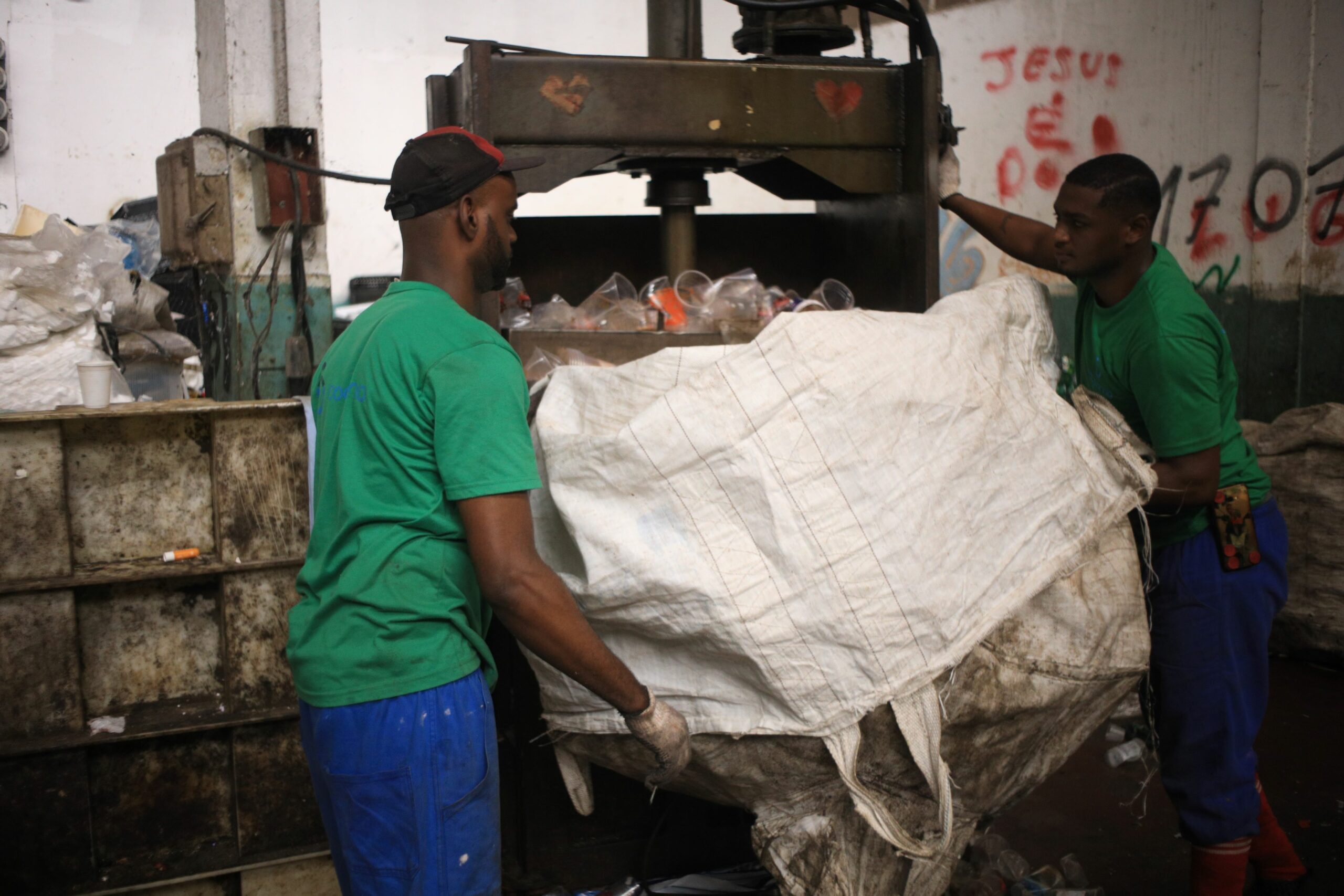Products and services designed to aid professionalisation
There are around 2000 waste picker cooperatives operating in Brazil, about 180 in Rio de Janeiro alone. The movement is considered to be the most developed in the world, thanks to the 2010 National Solid Waste Policy, which recognised the cooperatives as service providers, and was complemented later by a number of mechanisms and programmes to develop these cooperatives and facilitate their integration into official systems. However, most still operate informally, and as such do not benefit from access to more well-paid and stable contracts.
For over a decade BVRio has worked with waste picker cooperatives, and individual waste pickers, first in Brazil, then worldwide, to help them develop and expand their operations, access funding, and to take advantage of new waste legislation and technologies.
It is our vision to see all waste picker cooperatives operating at the highest level, safely, and being appropriately remunerated for their work.
Support functions
We offer a range of services to waste picker cooperatives to help them develop and professionalise, providing assistance with the following aspects:
- Business functions – licences, invoicing, governance and voting, pricing, financing, grant applications
- Logistics – vehicles, schedules, sorting and baling facilities
- Human resources – working conditions
- Promotion – branding and marketing
- Technology – access to the KOLEKT waste management app
- Plastics Credits issuance – via BVRio’s Circular Credits Mechanism

Examples of our work in this area
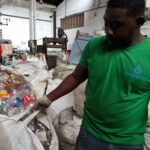
Supporting ‘cooperate to recycle’ in Rio de Janeiro
Brief explanation of our role
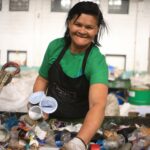
Increasing Recycling in Rio de Janeiro
This pilot project resulted in higher levels of recycling by households and businesses through collaboration with waste cooperatives using the KOLEKT waste app, and provided additional income to over 200 informal waste pickers.
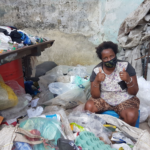
PREVENT Waste Alliance pilot project
The project delivers social and environmental benefit to communities in Brazil and Mexico as part of an international consortium set up to tackle plastic waste.
Funding needs, and the road to sustainability
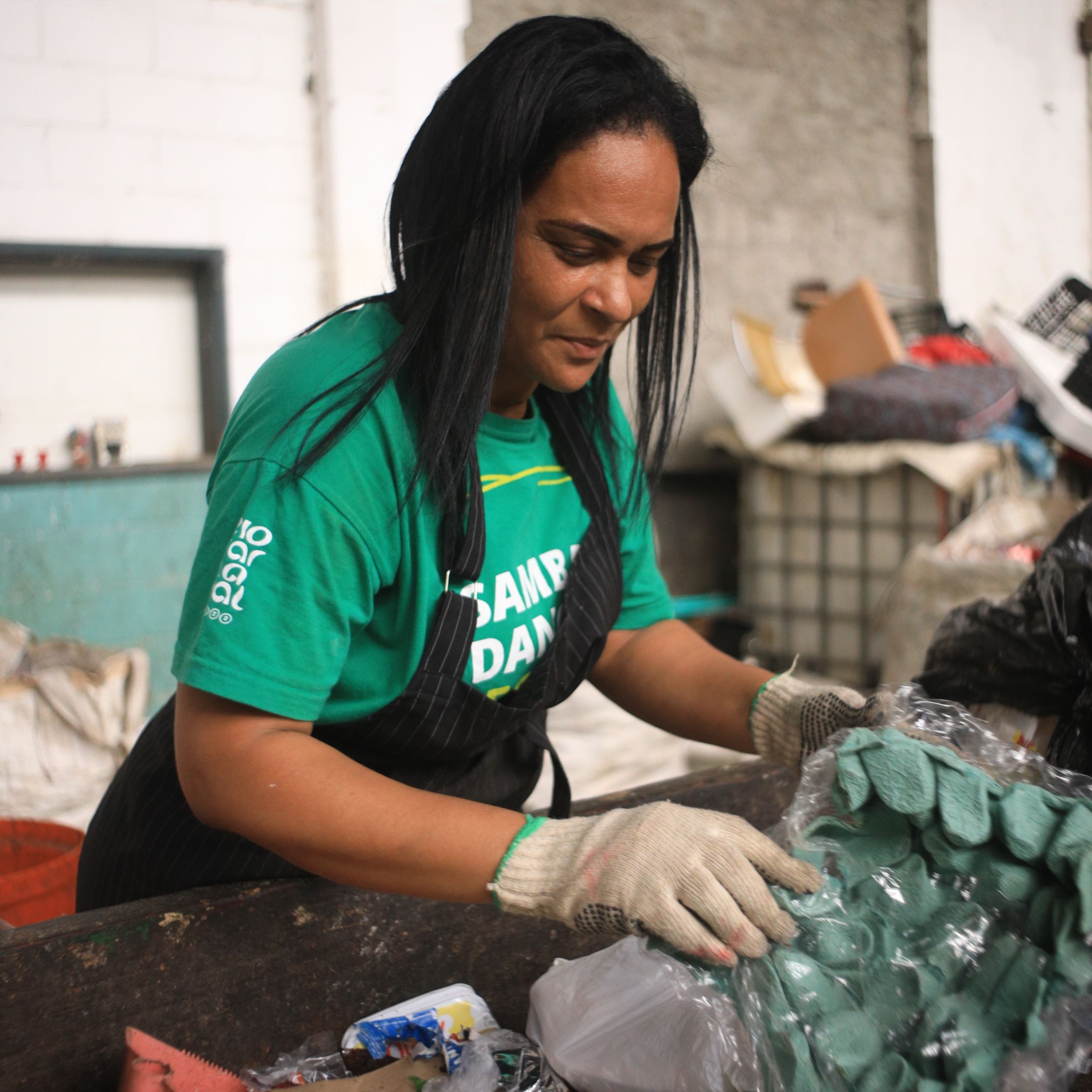
The sale of recyclable materials alone is not enough to support cooperatives’ operations, much less to expand and professionalise, so additional funding must be obtained in order to develop the physical and management structure needed to secure sustaining contracts.
BVRio has developed a model whereby decreasing funding can be used to professionalise cooperatives, and is then repaid in tons of plastics collected and delivered to recyclers.
This model was rolled out in Rio de Janeiro in 2022-2023 with the Cooperative Coopama and it is intended that an additional eight cooperatives will be added in 2024. From 2025, the model will be rolled out to other areas of Brazil, and beyond 2026 into the rest of the world.
Funding is actively being sought to help us achieve this.

Fighting for waste picker inclusion in the Global Plastics Treaty
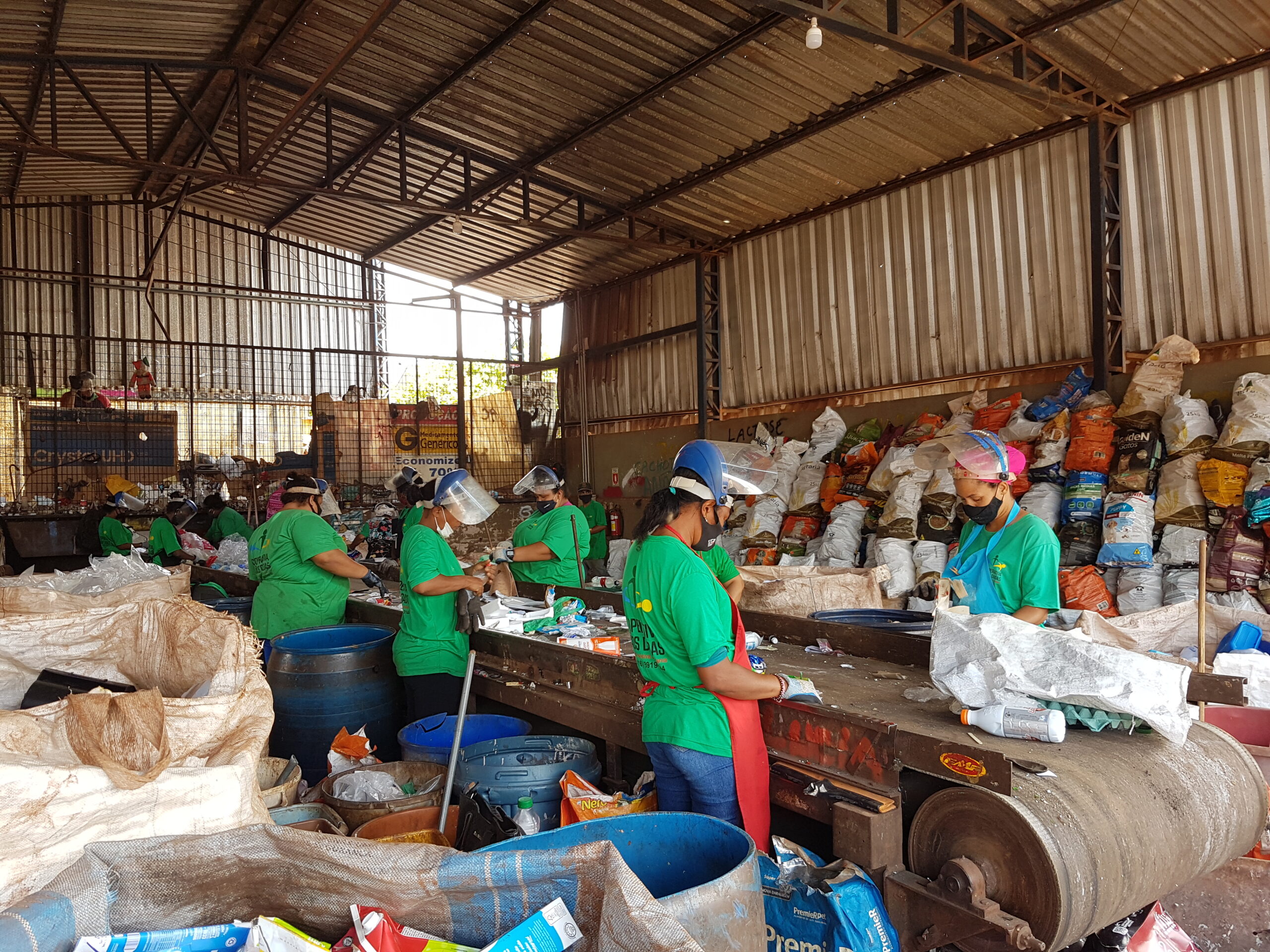
BVRio is actively participating in the process of the creation of the Global Plastics Treaty by the UN Environment Programme (UNEP) Intergovernmental Negotiating Committee (INC). We firmly believe that waste pickers must be recognised as a fundamental part of the instruments designed to accelerate the collection of plastics for recycling, including plastics already in the environment.
Alongside this, we continue to champion the use of well-managed, transparent, and validated credit systems, such as BVRio’s pioneering Circular Credits Mechanism and other standards which meet the Guiding Principles of our Circular Action Hub.
contact the team

THIERRY SANDERS
Circular Action Director (Netherlands)

MARIA ACCIOLY
Circular Economy Specialist (Brazil)

PEDRO SUCCAR
Circular Economy Specialist (Brazil)

